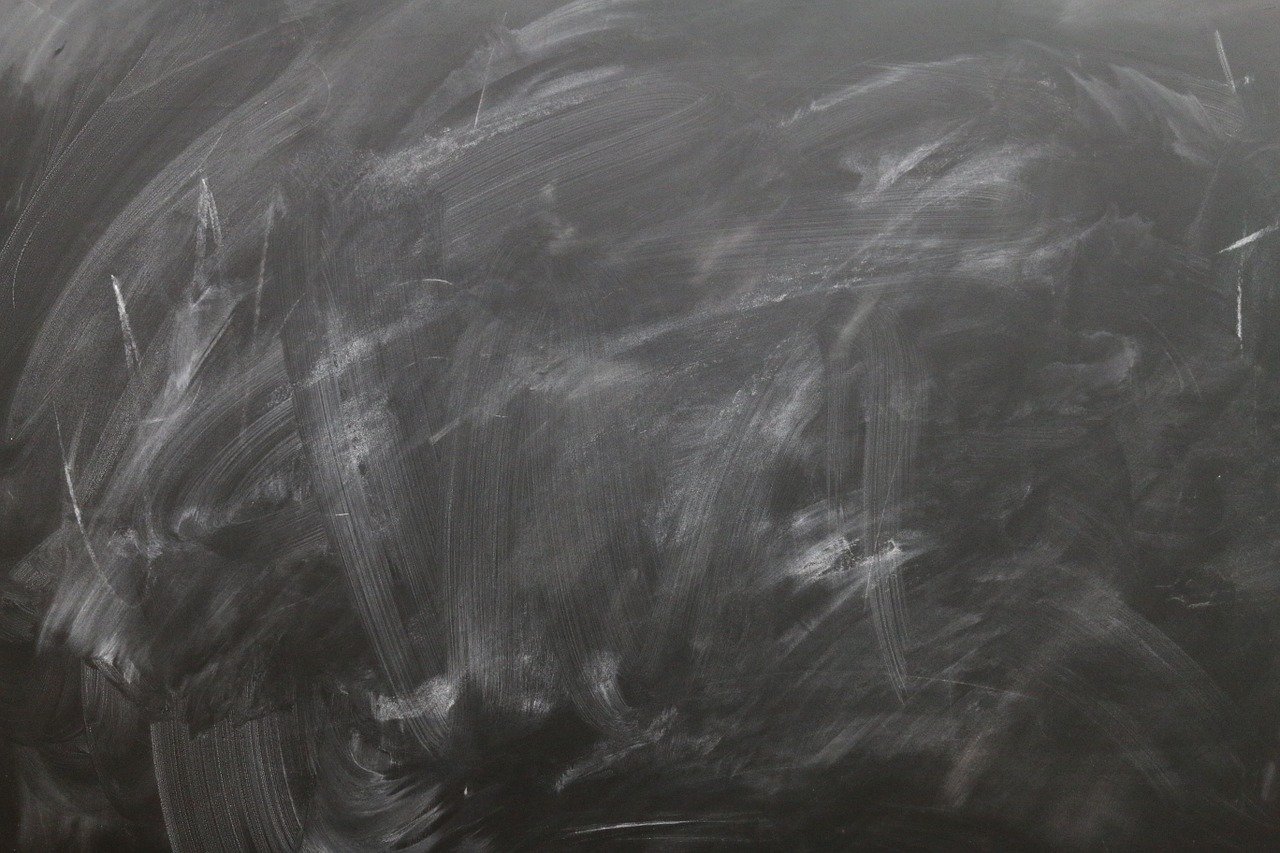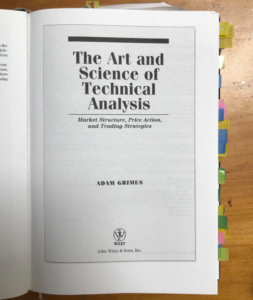As history will remember, 2020 was a strange year, to say the least. While it might seem that, with everyone more or less staying home and shutting out social interaction, it would have been a prime time to build new skills and hone old skills—this was not the case. Much of 2020 was a relentless, soul-crushing weight.
Between the twin pillars of a global pandemic and political dissension, the world has suffered mightily.
But, as the saying goes, any day above ground is a good day, and we should also take a few moments to be grateful for what comfort and security we have; it’s appropriate to face the coming year with optimism and hope.
There’s a powerful lesson hiding in 2020 that has, so far, been neglected. Take any belief you hold, and ask yourself this: “how sure am I of this thing? How sure should I be of this?” This assessment—knowledge about our own knowledge and beliefs—is a critical piece missing from the discussion. If we’re honest about it, we should generally be less certain of things we think we know than we are.
I’ve spent time watching social media interactions, and it’s an appalling brawl, to say the least. I’ve speculated before that political thinking tends to dial up emotion and decrease rational analysis, but much of this really could be solved by some intelligent thinking about our own thinking. However, this work is quite difficult to do, and won’t easily be done by most people.
I have to wonder if we are exhibiting some kind of insanity as a collective—not to say that individual humans are crazy, but is the overall effect that we are processing information so poorly as to be completely detached from reality? If so, what does this say about our survival as a species? Could this type of irrationality drive an intelligence to extinction? These are questions worth consideration.
Perhaps I should apologize for being so morose, but I have a good excuse! One of my major projects for the coming year is a new book, and I’ve spent a lot of time doing research and thinking about the topic.
The new book
I am in the process of writing a book on trading psychology. For many years, I’ve realized this is a topic that needs better treatment, and it’s one of the “soft” areas of trading that is easily accessible to people who want to try to be “hack expertise”.
I read over 25 books on the subject this year, and there are some standout, fantastic books. (Brett Steenbarger’s books are always at the top of my list. Ari Kiev and Alex Elder also make meaningful contributions. The Mark Douglas book is a standard, and while it has some moments of true wisdom, it also has some glaring holes.)
I will have some significant, new things to offer on the subject: First and foremost, this will be a book of action—trading psychology is ultimately about execution, what we do. How we might think and feel are secondary to what we do, so the overarching theme is that all of this work must relate back to action. To this end, I’ve developed a succinct set of powerful exercises that can realign your understanding of risk and chance and can completely change your approach to the markets. I could rave at great length about these exercises; they’ve exceeded all my initial expectations and there’s absolutely nothing like them anywhere in the literature.
There will be much more in the book. I’ll put cognitive bias and error in a framework that makes sense and suggest ways we can work alongside these quirks without letting them hurt us. I also have a perspective on meditation—exactly what practices you should probably be doing and how to get started—that will likely show you some new possibilities.
I’m very excited about this book and think it has the potential to help a lot of traders, at all levels of development. This will be a major focus for me in the first quarter of 2021, and we’re hoping for publication around mid-year, but much remains to be seen!
New coursework will soon be available
In 2013, I published a massive, free trading course. I had three driving motivations—one was to support the book I had just written, The Art and Science of Technical Analysis. The second was that I had a friend who was scammed to the tune of $25,000. As it turns out, by one of the “educational” outfits that shut down by the FTC in 2020. (Who said 2020 was all bad?!) So, I created a massive course designed to be better than most things available on the market and put it out for free.
The third reason I did this was that I genuinely enjoy teaching, and this gave me a way to help many traders. Over the years the course has been available, almost 20,000 traders have been through it—from complete beginners to seasoned professionals. (One of our core groups has been ex-hedge fund traders looking to transition to trading their own money and risk. That’s not an easy transition.)
This year, we will expand our course offerings into new topics and depth. Many of these courses will have a live component where I will work with students and answer questions. We’re not sure about details or timeline, but this is one of the things that we’ve fast-tracked for the first part of 2021. Stay tuned for more news soon.
More systematic trading
Last, we expect to be developing more algorithmic/systematic trading approaches. My trading has always been a combination of discretionary and systematic perspectives, but I’ve felt a draw in recent years to lean more heavily on the systematic side. We’re doing a lot of coding and behind the scenes development.
While we will probably not share specifics of the approaches we develop, you can expect to see some new, good stuff here on my blog, and for our MarketLife and Talon Advisors members.
Much more on these topics soon, so check back in and follow me on Twitter, if you don’t already. Happy New Year, and let’s make 2021 a good one!

